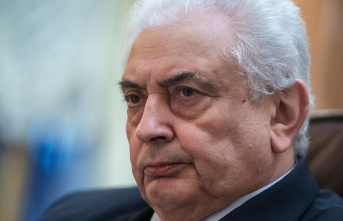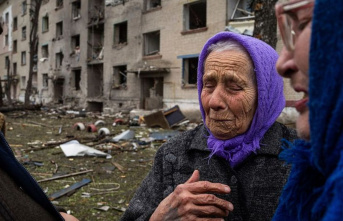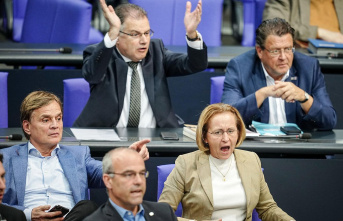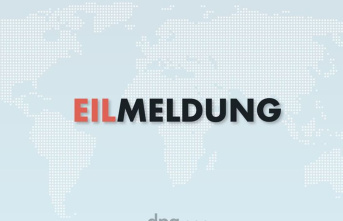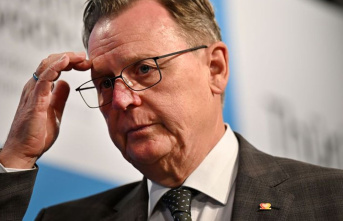Shortly before a visit by Federal Foreign Minister Annalena Baerbock (Greens) to Warsaw, Poland's government took another step to reinforce its demands for reparations from Germany. Poland's Foreign Minister Zbigniew Rau signed a diplomatic note on Monday that is to be handed over to the Federal Foreign Office in Berlin.
"It expresses the Polish Foreign Minister's belief that the parties should take immediate steps towards a permanent, comprehensive and final legal and material settlement of the consequences of German aggression and occupation from 1939 to 1945," Rau said. According to a spokesman, the Foreign Office in Berlin initially did not want to comment on the Polish announcements.
Nazi Germany's invasion of Poland on September 1, 1939 marked the beginning of World War II with at least 55 million dead - other estimates put the number as high as 80 million. There are no exact numbers. Four to six million Poles died in the war, up to a fifth of the population. The capital Warsaw was almost completely destroyed.
Demands renewed again and again
The national-conservative PiS government in Warsaw has repeatedly raised the issue of reparation demands in recent years. At the beginning of September, a parliamentary commission in Warsaw submitted an expert report in which the damage caused by World War II in Poland was estimated at more than 1.3 trillion euros. At the same time, PiS boss Jaroslaw Kaczynski renewed the demand for compensation payments.
Rau did not name a specific amount. However, he made it clear that according to Warsaw, a regulation must include "the payment of compensation by Germany for the material and immaterial damage that the Polish state suffered as a result of this aggression and occupation". Victims of the German occupiers and their family members would also have to be compensated. A regulation must also be found for the stolen cultural assets and archives.
Baerbock travels to Warsaw on Monday. There she will take part in the celebrations of the German Embassy on the Day of German Unity and give a speech. Baerbock meets her counterpart Rau on Tuesday morning. A spokesman for the Polish Foreign Ministry said Rau would discuss all important issues of German-Polish relations with Baerbock. "And the diplomatic note is probably one of the most important."
The federal government rejects the demand for reparations. In doing so, she refers to the Two Plus Four Agreement of 1990 on the foreign policy consequences of German unity.



